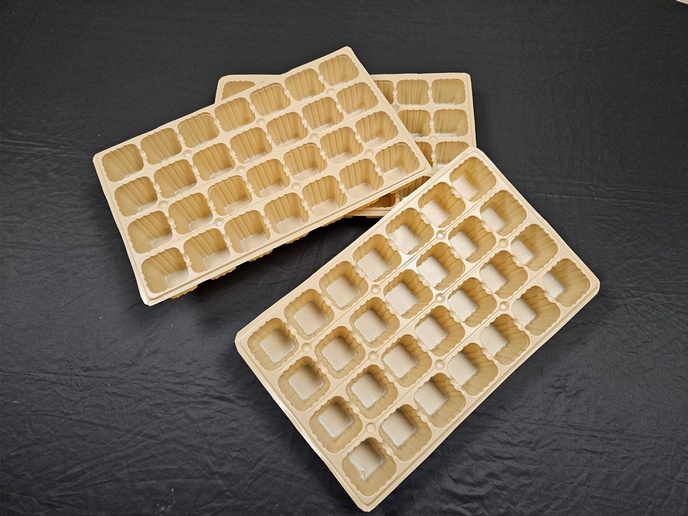A protein driver of land plant evolution
The fate of a plant’s surface cells is decided by positional signals. Defective kernel 1 (DEK1) is a cell surface protein that provides this positional signal for new cells. Scientists believe that it may have played a crucial role in the evolution of land plants.To find out more, EU-funded researchers established the 'The role of the DEK1 pathway in plant epidermis cell fate specification' (PLANT EPIDERMIS) project. They wanted to identify the cell signals and proteins that interact with DEK1 on the cell surface.Genetic analysis showed that land plants and their algal ancestor group, Charophyceae, both have proteins of the 'TML-calpain' family, of which DEK is a member. Other algal groups do not have calpains on the cell surface.In addition, a DEK subunit called 'CysPc' has retained the same structure and function across all land plants over 450 million years. This shows that DEK is vital for land plants.Researchers also showed that DEK1 is crucial for 3D growth: mutated plants lacking the DEK1 protein grow normally during two-dimensional growth (protonema), but cannot grow three-dimensional tissue (gametophore). Furthermore, a loop in the protein structure located on the outside of the cell has been identified as a signal receptor that activates DEK1.These findings indeed point to DEK1 as a critical controller of 3D growth in plants. The evidence also indicates that DEK1 was an important driver of land plant evolution.







